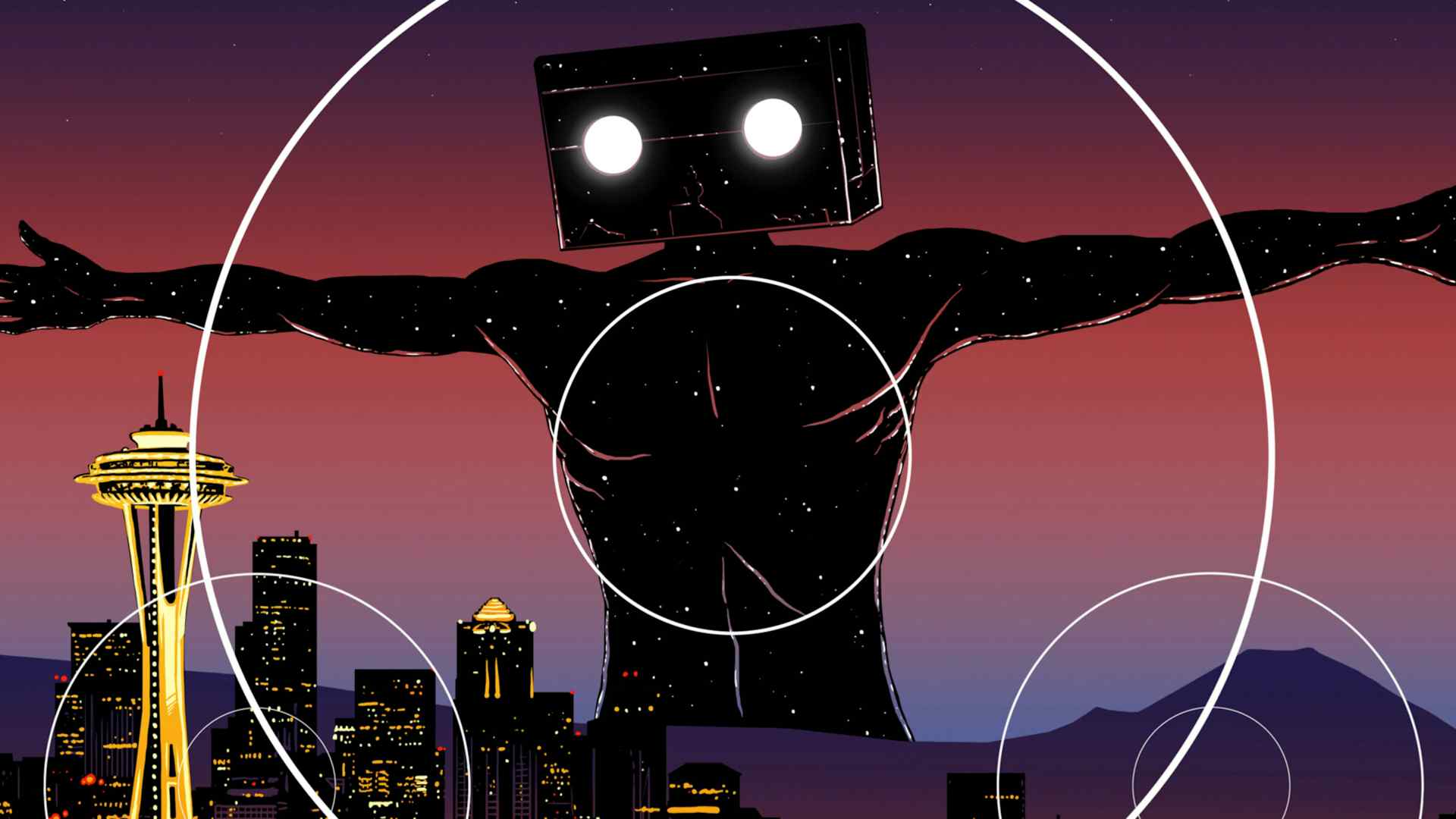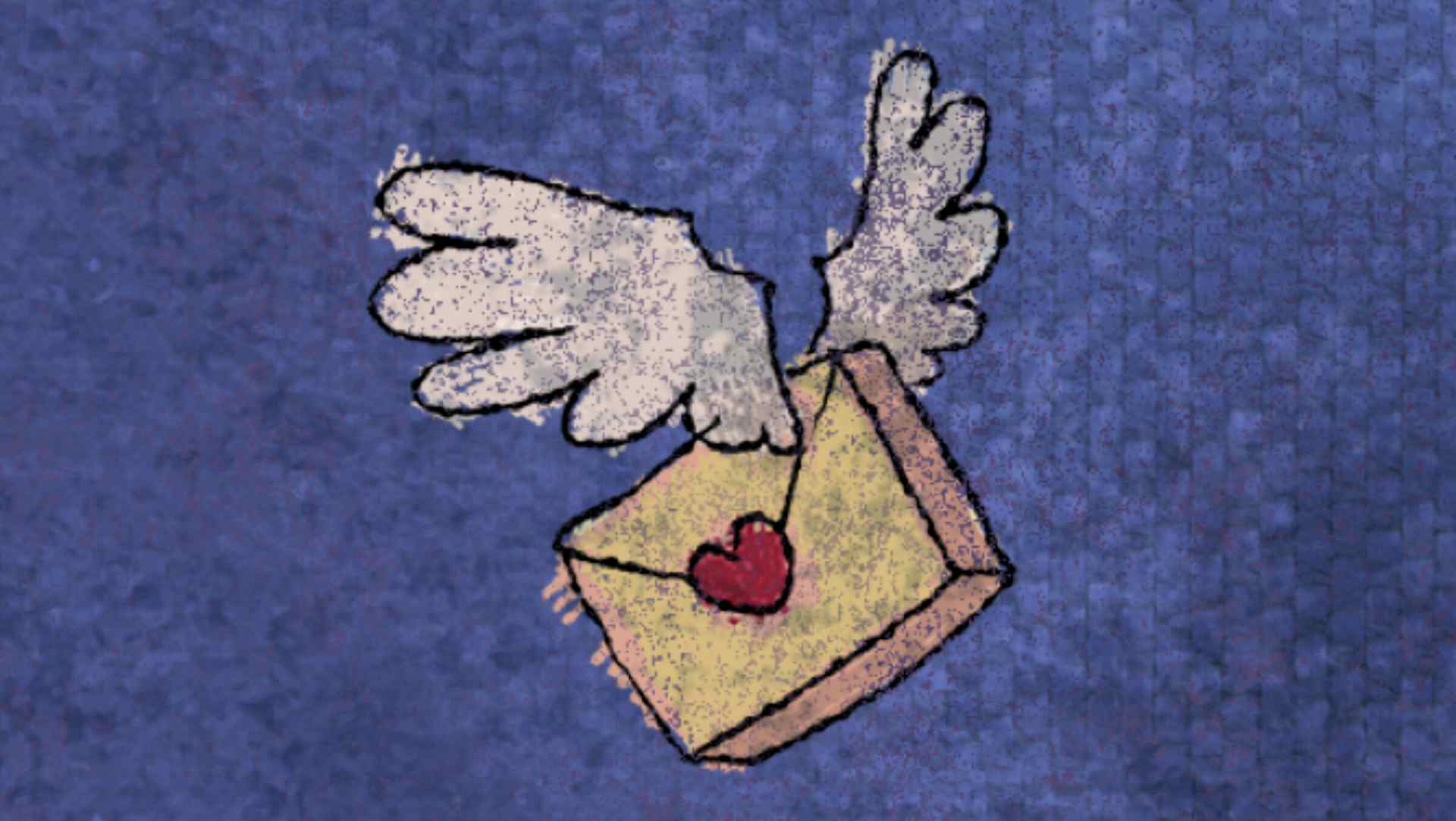Robert Horton is a Scarecrow board member and a longtime film critic. This series of "critic's notes" is chance to highlight worthy films playing locally and connect them to the riches of Scarecrow's collection.

Good movies find a special balance: a sense of the specific and selected (this shot must be framed and lit in just this way; this whittled patch of dialogue must carry its weight more nimbly than pages of speech might), but also mystery—the mystery of something that isn't precisely defined, a sense that the mastery of the filmmaker might be shaken by the events occurring onscreen, that a director might at some point not be entirely confident of the argument her story seems to be making.
Catherine Breillat's Last Summer hits that balance. One the face of it, Breillat's subject (her first film in ten years) appears less subversive, less outrageously provocative, than her previous work, if only because of its soap-opera possibilities: A middle-aged woman has an affair with her teenage stepson. Anne (Léa Drucker) is an attorney specializing in the rights of at-risk youth; she and her wealthy husband Pierre (Olivier Rabourdin) have adopted two Asian girls, still young. At issue is Pierre's teen stepson Théo (Samuel Kircher), already in some minor criminal trouble, and perpetually at odds with his father; after some new behavioral fracas, the young man comes to stay, and the affair develops.
The situation is not fresh (and is adapted by Breillat and Pascal Bonitzer from the 2019 Danish film Dronningen [Queen of Hearts]), but Breillat makes it bristle with life. The opening scene, for instance, is made of sharp, pointed brushstrokes: a charged set of close-ups between Anne and a trembling girl who is bringing rape charges after an assault. This story will not play a major part in the movie, yet Breillat takes time to show us Anne's steely resolve, her professionalism and competence and sense of social responsibility. Given what happens later, you wonder whether the formal control of the scene is a straight-jacket—Anne's bone-colored sleeveless dresses, which she wears like uniforms, conjure up the same image. (That social responsibility, it is later hinted, is fueled by some kind of sexual assault that happened to Anne herself in her youth.)
Later Anne speaks to her husband about a social error—she's ditched him in the middle of a dinner party at their home—by reminding him of her aversion to normopaths. We know she's run off to be with Théo, but this outburst suggests that despite Catherine Breillat's reputation (this is a director known for using sex in cinema like a French chef lays on the butter in an omelet), she is less interested in sex as a subject than existential discontent. It isn't so much that Anne wants to get it on with a teen stud as that she must get out of prison.
There is sex, lingeringly rendered, and not merely between Anne and her callow stepson. An early sequence between Pierre and Anne begins with the camera calmly watching him undress before getting into bed with her, and it's typical of the movie: somewhat curious in its shape, yet in retrospect containing just as much as it needs. It also has an offbeat element, of Anne speaking about a childhood crush on an older man, that gives the scene some of the uneasy mood of the marriage in Eyes Wide Shut.
Last Summer becomes more uncompromising as it goes on, and indeed subversive in its way (especially in our expectations of what a protagonist might be). There are audience members who will dislike Anne, but perhaps some who may feel complicity with her behavior (again, not merely talking about the sex here) and the seductiveness of keeping secrets, which requires the competence she brings to her work. Perhaps we will also feel sympathetic to her need to burn the house down. And still, we might recognize a sort of monster. Then at the end, when it seems Breillat has made her argument, something else might happen too, in words spoken in the dark. If Catherine Breillat has retired as a flagrant bomb-tosser, she remains skilled at the art of the surgical strike.
August 9, 2024


